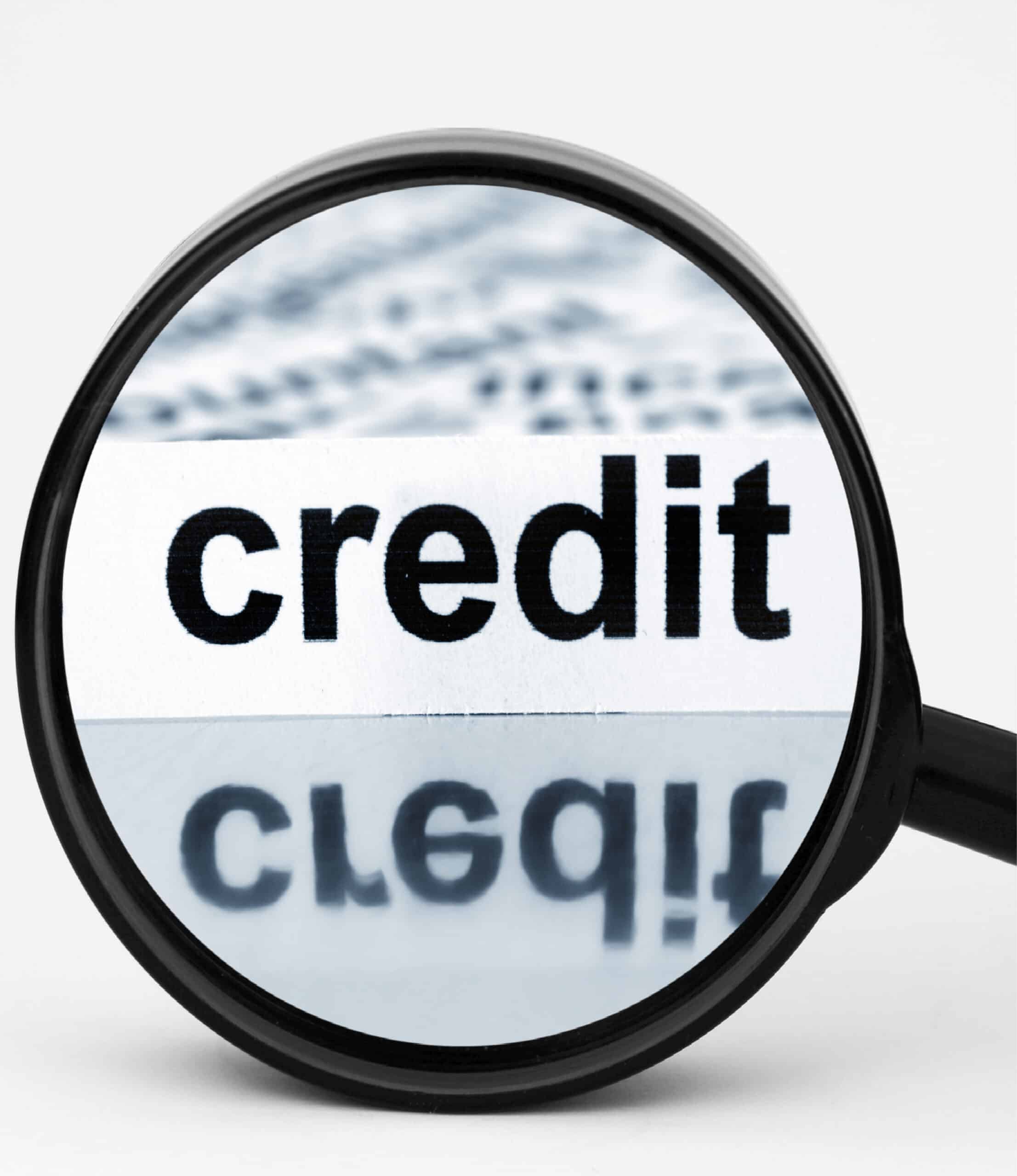5 Tips to Improve Your Credit Score
While there’s no quick fix, here are 5 tips to enhance the quality of your credit score:
- Avoid Watch out for late payment
- Keep an eye on your credit limit
- Limit the number of cards and keep your “old” accounts
- Reduce your debts, starting with credit cards
- Beware of numerous credit demands
 1. Watch Out for Late Payments
1. Watch Out for Late Payments
Never pay your bills late, regardless of whether the amount owed is high or low. A late payment remains a late payment, and a credit rating of R-3 or more (R-9, for example) can be perceived negatively by creditors, whether it’s for a $200 or $2000 account. Additionally, any negative remarks stay on your record for 6 long years. Discipline pays off here because it’s the most significant factor in determining your score and the quality of your credit history.
2. Keep an Eye on Your Authorized Limit
Keep your credit card balances and credit line balances low compared to your authorized credit limit (ideally 35% or less of it). If your balance approaches your limit each month, both your score and the overall quality of your credit history are negatively impacted. This rule applies even if you pay the entire balance every month. A low ratio indicates that you have the ability to take-on debt but choose not to. This is the second most important factor in calculating your score and improving your credit history. It’s therefore a major factor to consider.
3. Limit the Number of Cards and Keep Your “Old” Accounts
Long-standing accounts are more beneficial for your score than newly created ones. A longer history provides a better picture of your spending habits and payment habits. High-interest loans and credit cards are perceived less favorably due to their high interest costs. Therefore, aim to have no more than 2 credit cards.
4. Reduce Debt, Starting with Credit Cards
If you need to reduce your debt, always start by paying down the amount owed on your credit cards. 2 reasons: credit cards generally have higher interest rates than other types of credit, and a higher interest rate debt is considered less favorably than a lower interest rate debt. Calculate your debt-to-income ratio to determine if your debt level needs monitoring. These steps will help improve your credit history.
5. Beware of Numerous Credit Demands
Avoid unnecessarily multiplying new credit demands with creditors. A high number is detrimental to your score, especially if you get rejected. They may give the impression that you’re short on funds. Also, remember that a credit card application form for a “one-day discount” at a store constitutes a formal credit demand, even if you do not keep the card afterward. If you’re shopping for a home or car, these actions taken within a short period are usually considered a single inquiry.
Conclusion
Like a reputation, improving your credit history takes time but can easily be tarnished. Be cautious and patient regarding your credit history. Never max out your financial capacity. Lastly, just because you have the ability to incur debt doesn’t mean you should. For more information on your credit history, consult our resource “Understanding Your Credit Rating” or contact one of our advisors. It’s free, confidential, and without obligations.
WARNING: For more information regarding your credit history, we encourage you to visit the websites of the 2 credit agencies in Canada, Equifax.ca and TransUnion.ca. The information provided in this article was obtained from these sites and should not be interpreted as legal advice.
Also see...
Balance Your Budget
Track your spending in order to successfully manage your financial priorities.
Online Budget
Create a budget to track your spending and successfully manage your financial priorities.
The Dangers of a Bad Credit File
Your credit record has not always been very good and you wonder why?

 1. Watch Out for Late Payments
1. Watch Out for Late Payments